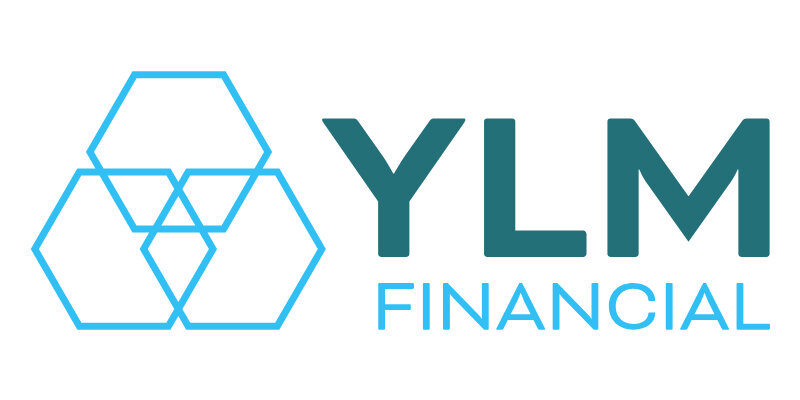FAQs
Do I need great credit to get a mortgage?
Not necessarily, but it will certainly help. It is possible to get a conventional mortgage with a FICO credit score as low as 620, and you can obtain a higher-cost FHA mortgage with a score in the 500s. However, be aware that the lower your score, the higher your interest rate will be. On a $250,000 mortgage, the difference between a 620 credit score and an "excellent" 760 adds up to more than $86,000 in interest savings over the life of a 30-year loan.
How much of a down payment do I need?
The short answer is that you can get a conventional mortgage with as little as 3% down, an FHA loan with 3.5% down, and a VA or USDA loan with no money down at all. However, with a conventional or FHA loan, you'll have to pay private mortgage insurance, aka PMI, if your down payment is less than 20% of the home's sale price. (Those payments won't be a permanent fixture in your monthly payments, however. Once the loan-to-value ratio on your mortgage falls to 80%, you can ask your lender to drop them. And even without your request, lenders are required to cancel PMI when the loan-to-value ratio drops to 78%.)
Should I choose a fixed-rate or an adjustable-rate mortgage?
When interest rates are historically low, like they are now, a fixed-rate mortgage makes good financial sense. Not surprisingly, the vast majority of mortgages originated today are fixed-rate. In fact, only about 3% of buyers are choosing adjustable-rate loans.
What documentation should I gather?
In general, be prepared to show all of the following:
Income verification (Last two years' tax returns, W-2s, 1099s, and your last few pay stubs)
Drivers' license and Social Security card (or alternative ID)
Bank statements
Proof of funds to close (and an explanation of where they came from, if it's not obvious)
If some or all of your down payment is coming from a gift, you will need gift letter from the source of the funds that confirm they are gift, not a loan.
What is a pre-qualification?
A pre-qualification is a basic review of your finances to determine if you would qualify for a mortgage. In general, a pre-qualification is based on unverified information you provide and does not include a credit check or any documentation, and is therefore not a firm guarantee of a loan.
What is a pre-approval?
Unlike a pre-qualification, a pre-approval can be a highly useful tool in the homebuying process. It's essentially the same thing as applying for a mortgage, just without a specific home attached to it. As part of a pre-approval, a lender will check your credit, verify your income and employment, and commit to lending a certain amount of money. A pre-approval can show sellers that you're serious about buying a home, and that you're likely to be able to follow through on a bid, and close on their property.
What are closing costs, and how much should I expect them to be?
The term "closing costs" refer to all of the charges you'll need to pay before your loan is completed. This can include origination fees, (if applicable), title insurance, prepaid escrows, and more. Closing costs can vary significantly, but generally, expect to pay around 2% to 3% of the home's price in closing costs.

